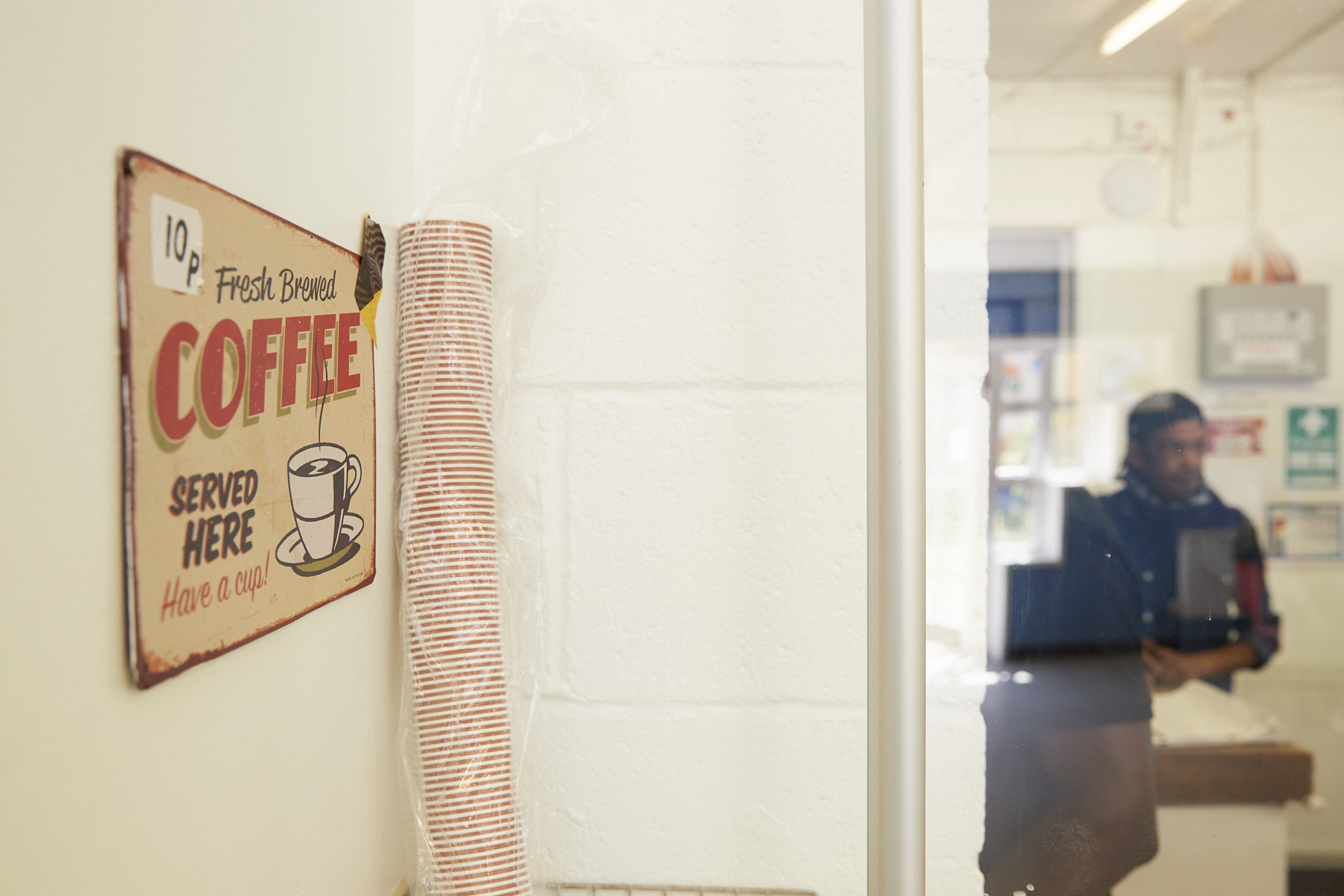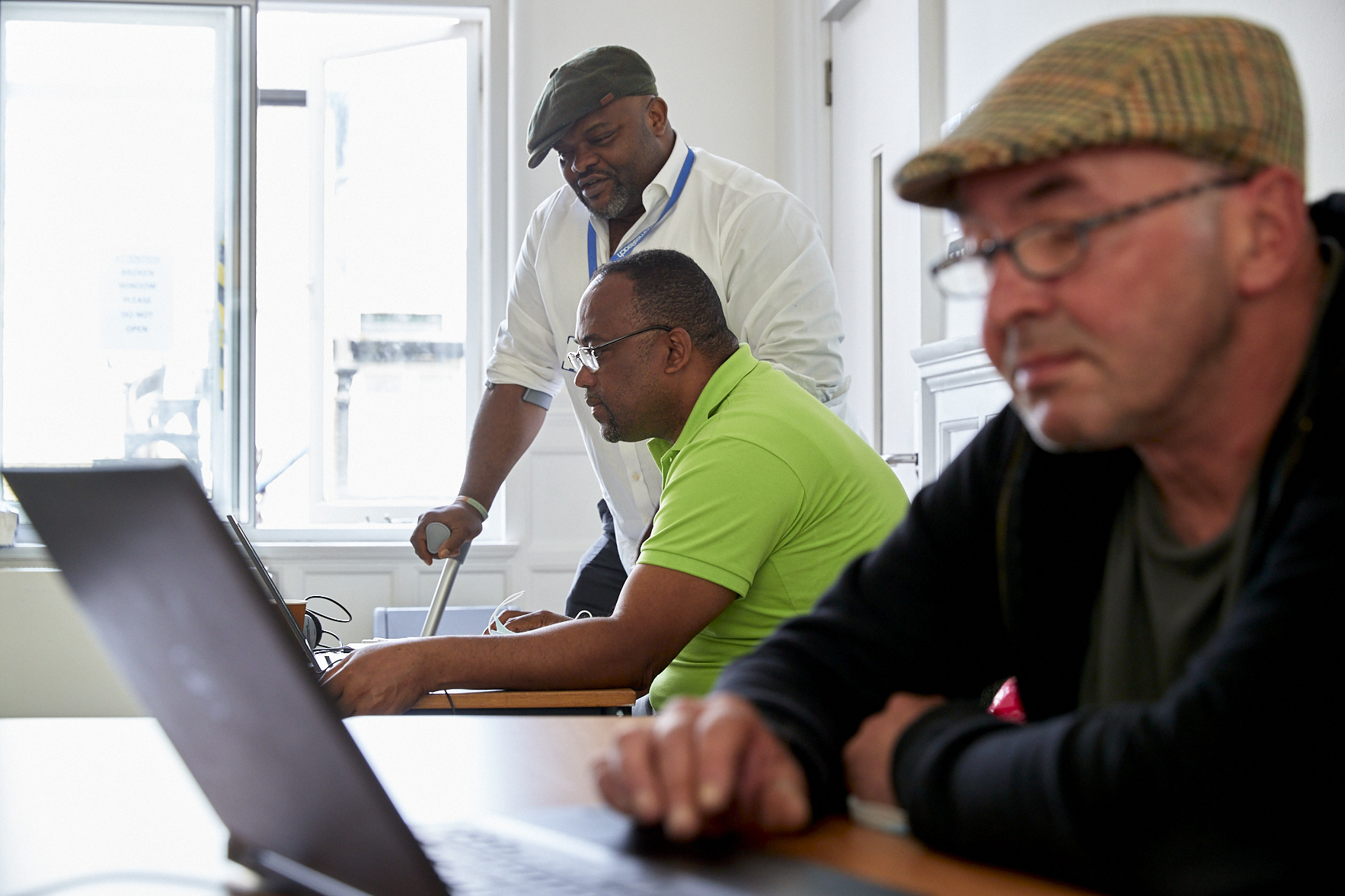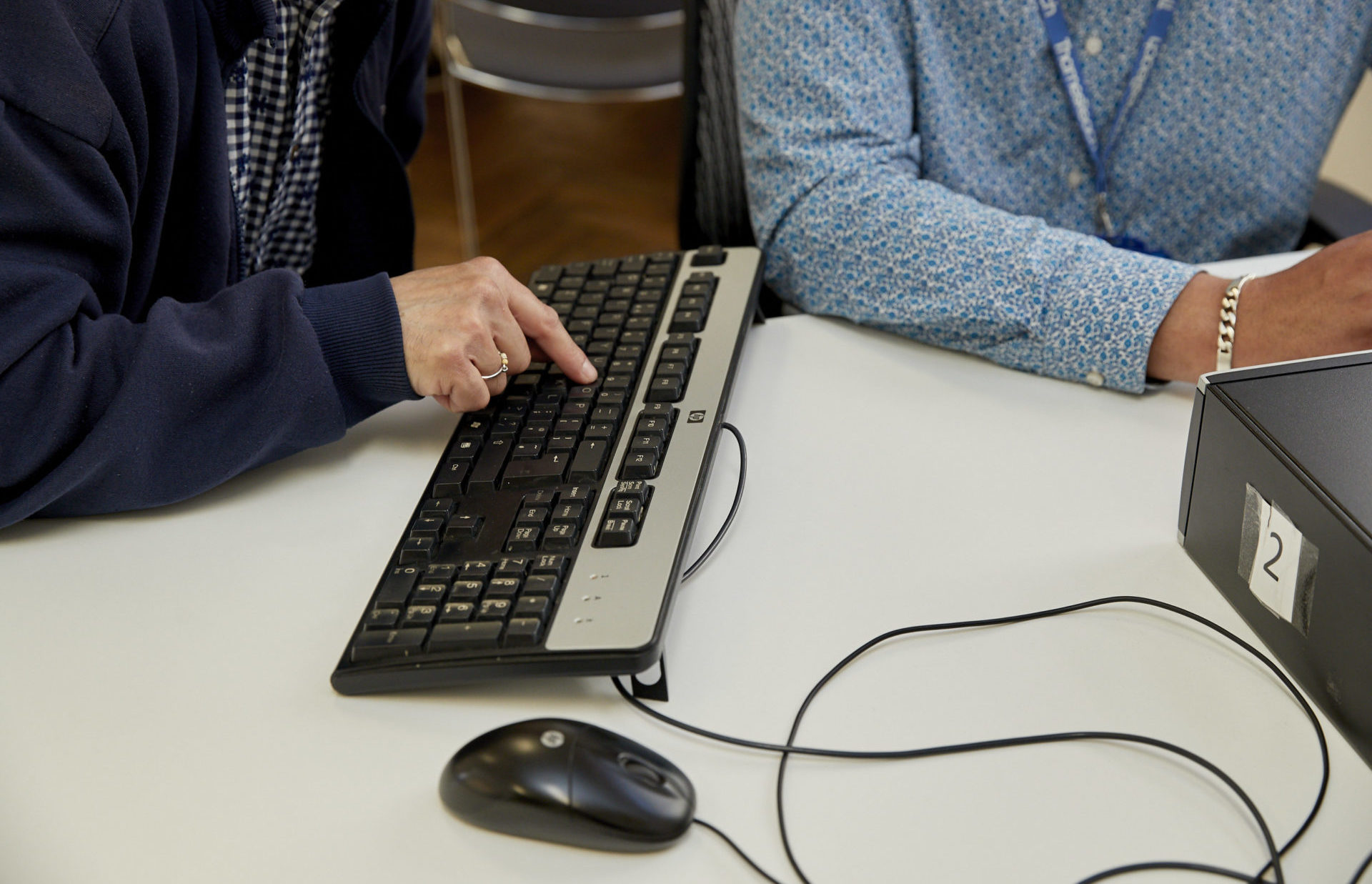Area manager Isobel discusses her experience with the Traineeship
The Traineeship provides experience and training for a career working with people experiencing homelessness, and great opportunities for development. Area manager for hostels, Isobel McKenna, discusses her experience with the Traineeship.

“I joined Thames Reach through the Traineeship in 2011. Having worked in organisations before which were more focused on policy and lobbying government, I was keen to get some experience of front-line support work. I was attracted to Thames Reach as a very practical organisation and hoped the Traineeship would give me a way in to the sector. I started in Stamford Street, as it was then known, and then moved to another hostel, Graham House, for my second placement. I found the Traineeship to be a really positive experience, a good mix of being thrown in at the deep end and getting support and guidance from the people I worked with. I learnt from my mistakes and saw the creative and consistent work done by our organisation first hand, often shadowing more experienced colleagues. I was able to stay on after my Traineeship ended, getting a job in the Graham House team, and have worked in a few of our different projects over the years, leading to my current job as the area manager for hostels. I think the Traineeship is a great opportunity for anyone looking to start their career in the sector, and I look forward to seeing who applies for this year’s scheme as a member of the interview panel.”
The deadline for this year’s Traineeship programme has been extended to 20 February. Click here for more details and how to apply.




